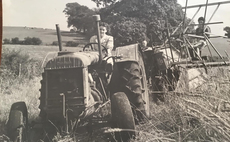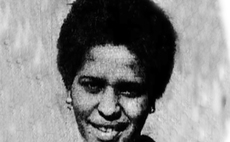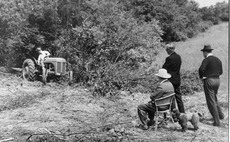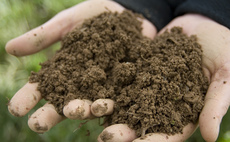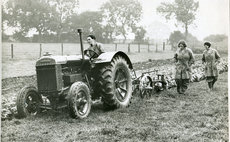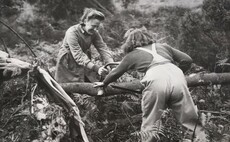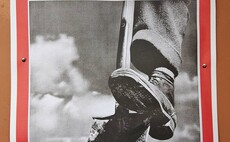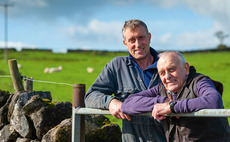farming history
Farm Life
In a bid to help the nation use rations properly and be creative with what food people had, the BBC broadcast recipes to the country
Farm Life
Set up first in World War I, the 'war ag committees' held power of rural communities, but why were they established?
Farm Life
Thousands of Land Girls took to the fields of Britain in World War II to help feed the nation, but one Land Girl, Amelia King, faced prejudice and backlash due to the colour of her skin. Emily Ashworth finds out more
Farm Life
The country needed to increase domestic food production, and the use of more tractors helped farmers up food production
Arable
This week from �������� Guardian readers: Lawrence Jones, Devon, discusses how many principles of modern regenerative farming have their roots in historical agricultural practices, which are now being revived and adapted to contemporary systems
Farm Life
VE DAY SPECIAL: "I remember them being very strict about rations, especially as we had our own pigs"
In this VE Day special, Betty Wilkinson who was born in 1936 in Lancashire,
Farm Life
A new remembrance plaque was unveiled on VE Day (May 8) in honour of women who kept the nation fed during the Second World War
Politics
As the country celebrates 80 years since the end of the second world war, online editor Emily Ashworth reflects on the importance of agriculture
Podcasts
�������� and thousands of Land Girls helped to turn food security on its head during World War II, but what have we learned?
Farm Life
In this VE Day special, Peter Lomas, who was born in 1936 in Bakewell, reflects on growing up during World War II and how farmers played an integral part

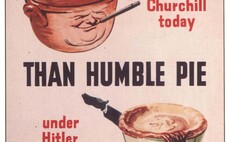
 11 November 2025
•
2 min read
11 November 2025
•
2 min read
